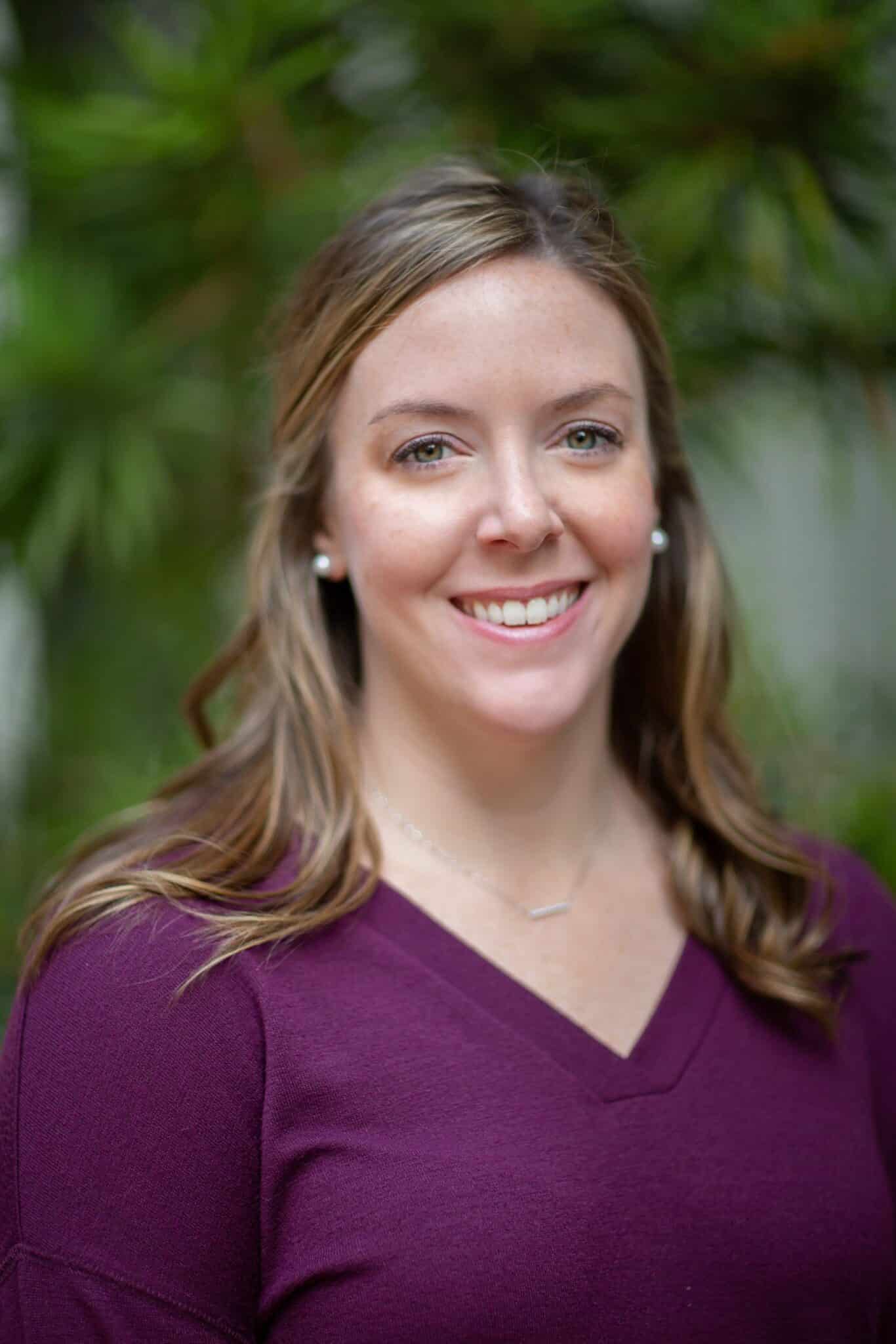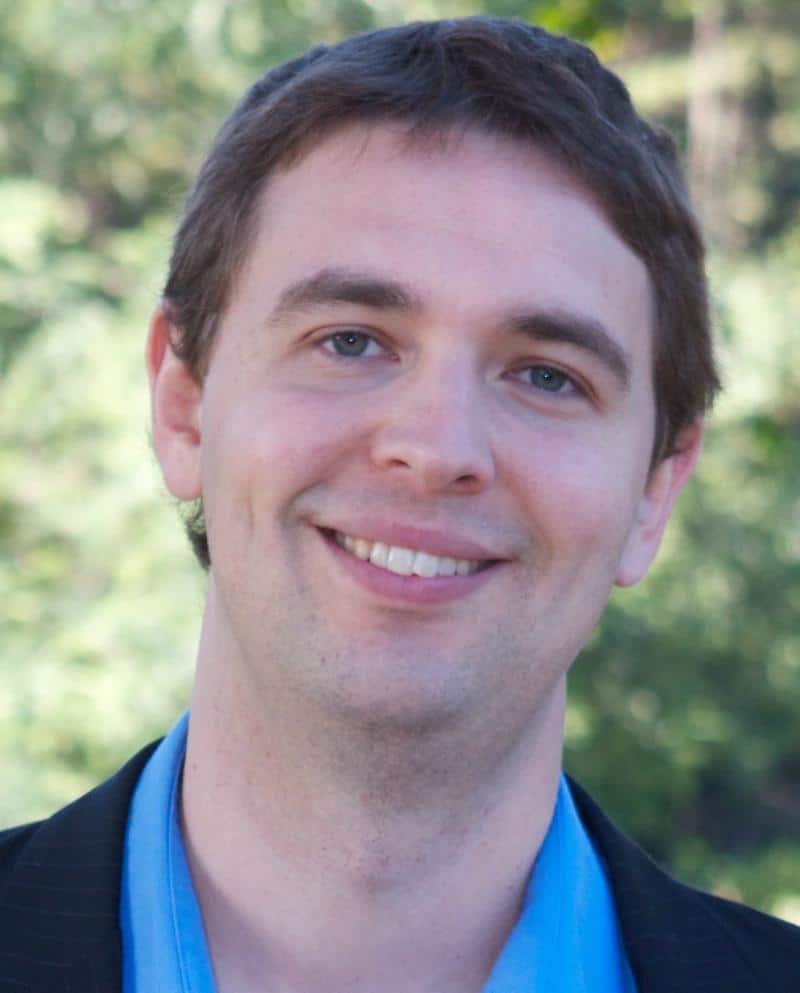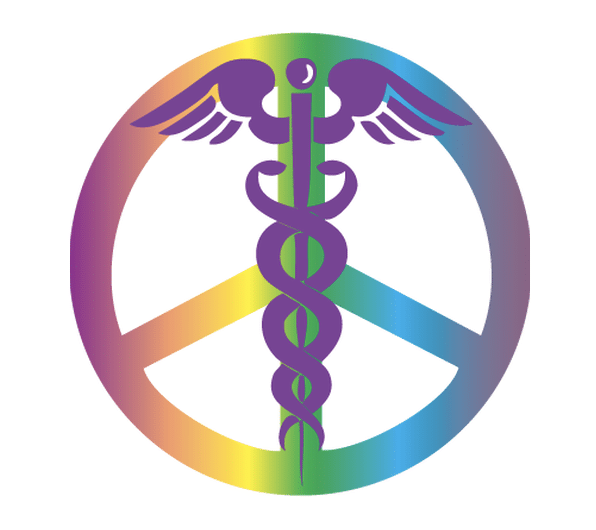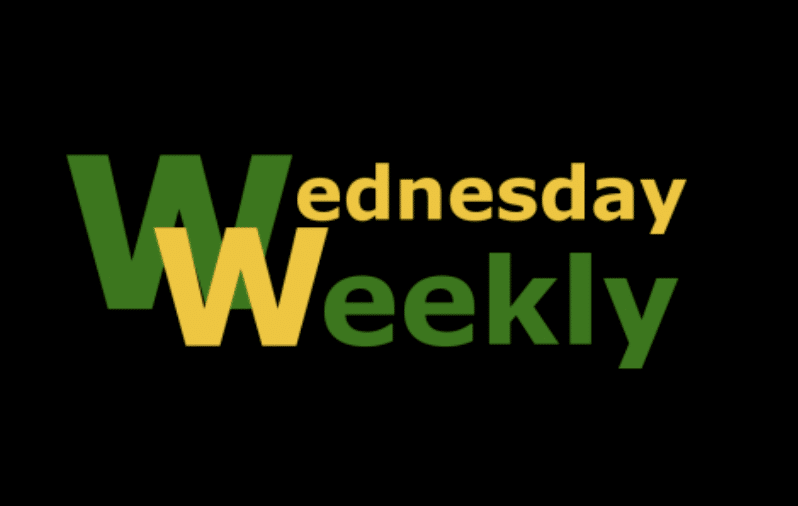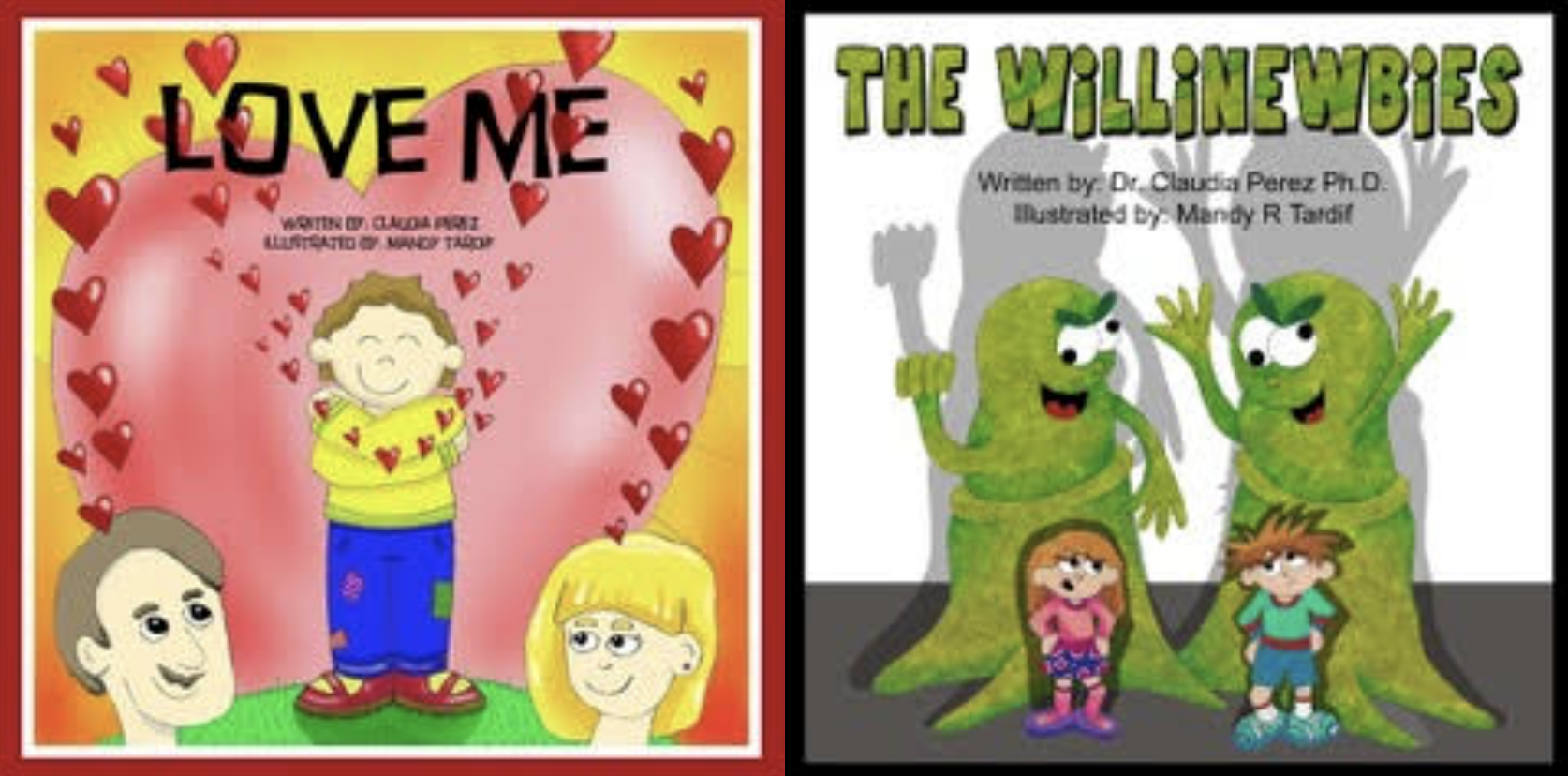Psychotherapy Process-Oriented Group
This process group usually consists of a group of people who meet regularly for the common purpose of finding out more about who they are and what they would like to change in their personal lives and relationships with other. The members and the group as a whole are assisted with guided feedback and process comments from Caleb Birkoff, an experienced psythotherapists, and co-leaders.
The group members will have the opportunity to talk as openly as they possibly can about their interactions and experiences of each other as well as any aspects of the group experience that may come to mind. Many thoughts and feelings associated with the activity of the group may arise and are often reflective of the particular stage of the life cycle in which the group is encountering. By engaging with one another on different emotional levels, individuals can freely gain wider perspectives about the various ways they relate to their inner world, and how this becomes reflected in their relationships with others.
Continue reading

